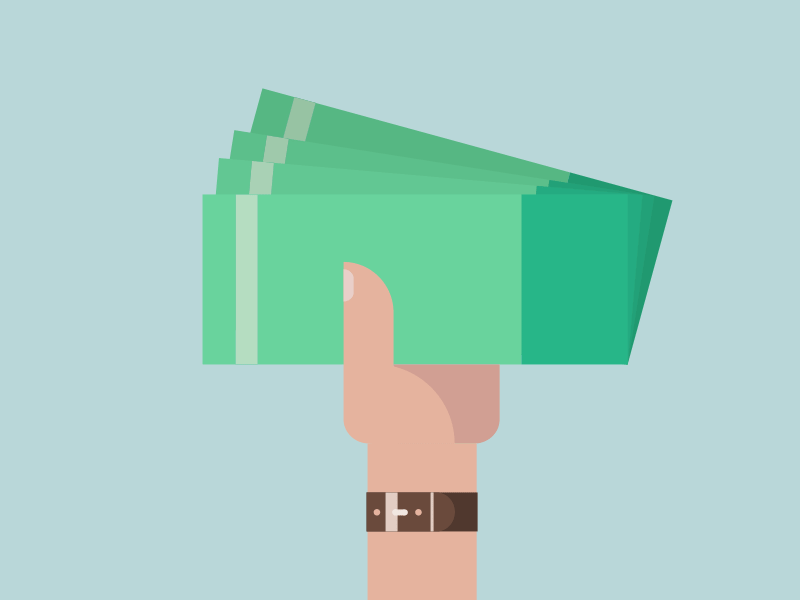How do you keep track of your Income and Expenses?
Two months ago, I shared my budget principle here on Steemit. I also initiated a budget challenge, encouraging our fellow Steemians to share their budgeting styles. The eight essential lessons I learned from the said challenge is documented here. Right now, I wonder, are the fellows who joined #thebudgetchallenge still following their budget plans religiously? I believe some them may have while the rest may not.
Want to ask me? Well, I’m one of those who weren’t able to follow their budget plans. Sounds ironic right? How could someone who spends all her energy preaching about financial literacy fail to follow her own budget plan?

Well, that budget plan that I’ve been following since my very first salary is no longer effective for me anymore. Since the start of this year, there have been drastic changes to my cash inflows and outflows. This is because of my additional income from Steemit and other sidelines like loading business and selling of goodies. On the other hand, I ventured into different investments like the stock market and mutual funds, which are greatly eating up my monthly expenses. Yes, I consider my investments as expenses for they are my “buy and forget” assets. As a result, my budgeting system became abnormal. However, I still incorporate my previous budget allocations, especially for my family.
Since my income (salary plus sidelines) isn't fixed anymore, the fixed budget principle that I've been using is no longer applicable. This resulted to a variable budgeting strategy, but I always keep this in mind: "Sheila, always spend less than what you earn. The more you earn, the more you should save and invest. But please, don’t forget to reward yourself sometimes." I keep telling myself that line every day. Let me stress that out once again, Every. Single. Day.
Well, you might ask, then how? How did she manage to stick with the idea of "spending less than what she earns"?
Are you ready to know my secret? Well, it’s not a secret anymore since I have given you the hint on this post’s title already. Okay, I bet you’ve just done scrolling up to have a peek at the title. Yes, you’ve got it right! I always keep track of my income and expenses no matter how big or small they are, and I do it religiously every day with the help of a budgeting app called Money Manager.
.png)
Before discovering this budgeting app, I used an excel spreadsheet to keep track of my income and expenses. Although using an excel is a convenient way of tracking my finances, there were times when I skipped days in documenting my expenditures either I was lazy in putting the small amounts or I was unmotivated accessing my budget sheet. But having this Money Manager app made me motivated to input even the smallest amounts of my cash flows since I can access it on my smartphone anytime. This helps me assess if I'm close to a daily overspending.
.png)
After inputting all the actual values of daily income and expenses, the app has a feature allowing you to have a summary of your finances weekly, monthly, or even yearly. Every weekend, I go over that pieces of pie to assess the expenditures that mostly ate up my budget. This is my basis whether I overspent for a certain budget allocation or not. This will also serve as an evaluation for me to trim down unnecessary spendings in order to have bigger savings for the next week to come.
Tracking income and expenses is one of the most important financial habits one should have. This will greatly help you stay connected and committed to the financial goals that you have. One can have the best budgeting strategy but may fail to execute it well without having a right amount of discipline. Having a budget strategy is a form of planning. On the other hand, spending your earnings is a budgeting execution while keeping track of your expenses is an evaluation. Know that effective budgeting does not end in the evaluation phase for you must always have a constant revision in order to improve your budgeting technique even more.
How about you? how do you keep track of your income and expenses? Or shall I ask, do you even bother keeping track of your finances?



hihi I am not really good at keeping tracks of my own finances. Your post is very interesting @smaeunabs . I should reconsider in tracking my own finances starting this month hahha
yaaay thank you @joancabz! lingaw pud baya mag track ug expenses, nya makita gyud pud nimo asa nipadung imong kwarta :D
Ginagawa ko din siya!! pero minsan I'm more on sa sequence ng needs ko from highest to lowest..
I don't budget as much as track my expense categories to look for hot spots. The only program that works for me is Tiller Money (Tillerhq.com). Automatic imports and the ability to customize google sheets is what I need.